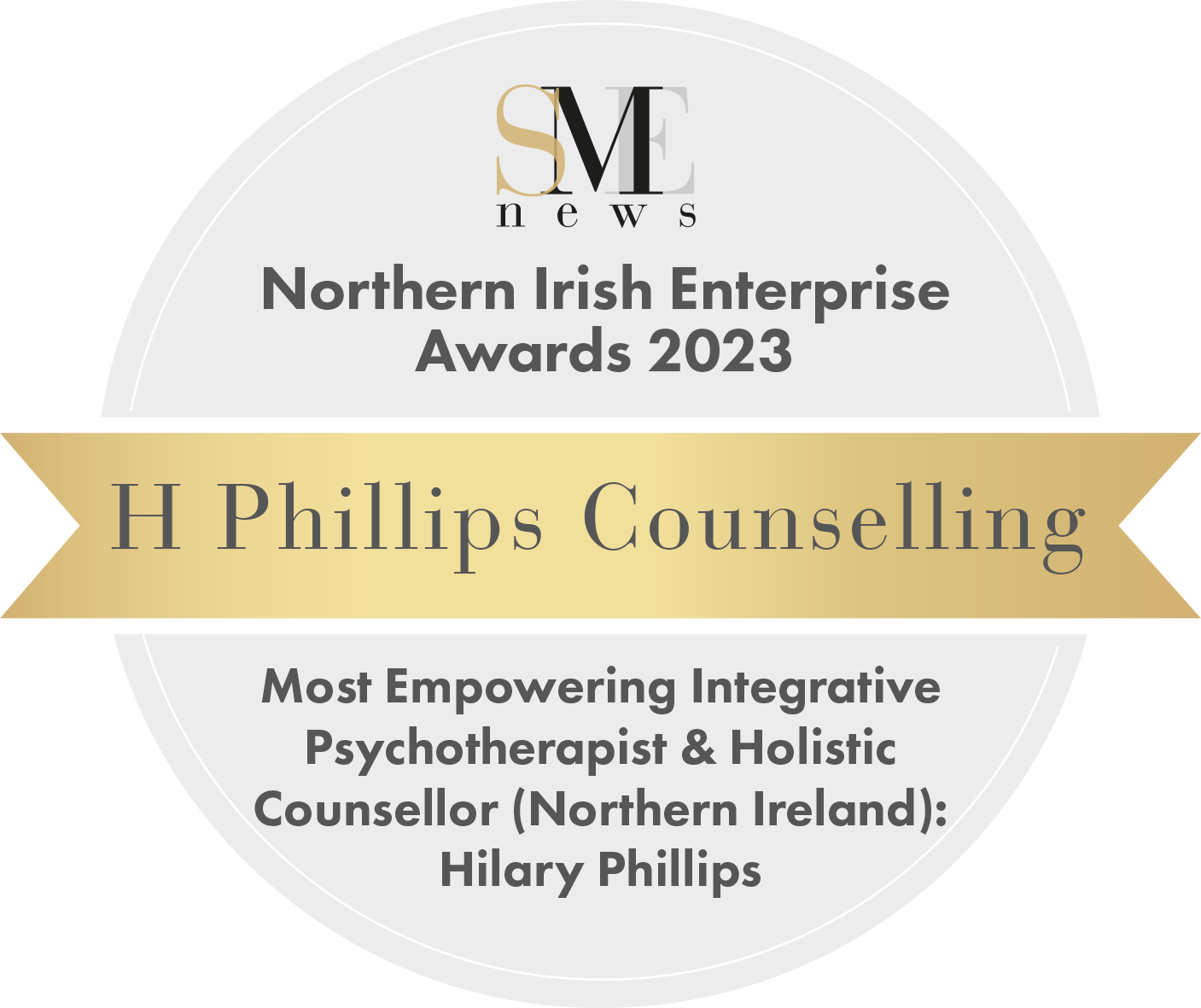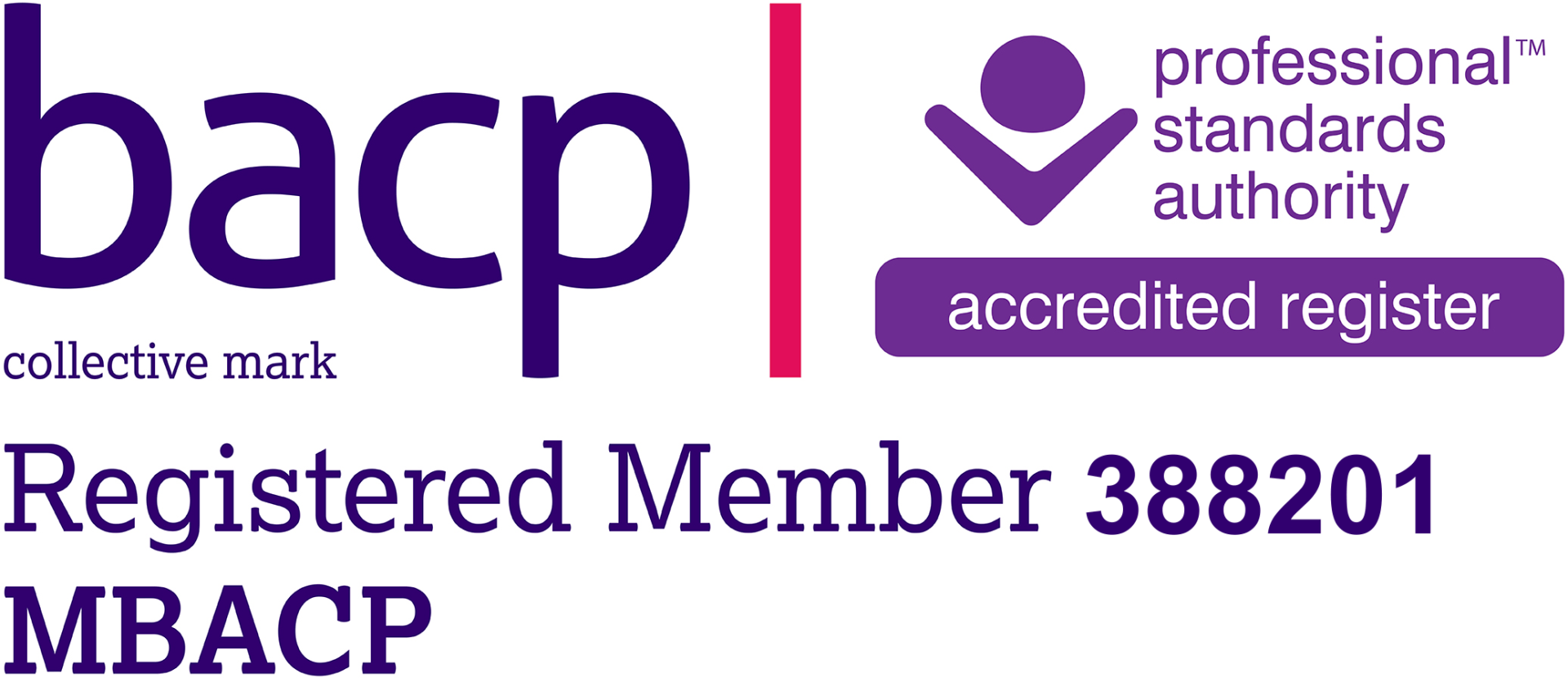
CBT
Cognitive Behavioural Therapy (CBT) is a form of psycho-social intervention which can be used to help people with a wide range of mental health problems.
CBT is based on the concept of how we think (cognition) how we feel (emotions) and how we act (behaviour)
Cognitive and behavioural therapists (focus on the way people think and behave)
By learning more effective techniques to change the way we think, in turn this will improve on the way we feel and act.
By breaking down into smaller parts anything that makes you feel overwhelmed, can in fact, help you make sense of any issues you are experiencing.
If you cannot change a situation, try changing the way you think about it and the situation can often change.
CBT cannot cure the physical symptons but it can give you better coping stratigies. CBT deals with current issues, rather than focusing on past events.
CBT is learning to stop the cycle of negative thinking. CBT aims to change our thought patterns, our conscious and unconscious beliefs, our attitudes, and, ultimately, our behavior, in order to help us face difficulties and achieve our goals.

Solution-Focused
Solution-focused brief therapy (SFBT) focuses on the client's health and strengths rather than the problem. It empowers clients to move towards a future that they have visualised, using their existing skills, strategies and ideas.
This approach allows the client to be the expert and make decisions on their own life.
Solution focused brief therapy is a short-term goal-focused evidence-based therapeutic approach, which incorporates positive principles and practices, this helps clients change by constructing solutions rather than focusing on problems.
Identifying times when the client has successfully coped with, or addressed previous difficulties and challenges. It's about the future rather than the past and promotes positive change by encouraging you to focus on what you can do, rather than what you can't.
In a nutshell, listen, select, and build by focusing on the solutions rather than the concerns or issues.

Humanistic Approach
Humanistic Therapy emphasises the importance of being your true self in order to reach your full potential. It is based on the principle that everyone has their own unique way of looking at the world. Being self-aware and accepting of themselves are key elements in the client achieving their goals.
humanistic therapists ( focus on self-development and growth)

Integrative Counselling
Integrative counselling is a form of psychotherapy that combines different approaches and techniques. Integrative therapists aim to promote healing on all levels, emotional, physical, mental and spiritual. Therapy is tailored to suit the client and their particular issue.
An integrative counsellor believes there isn’t just one therapeutic approach that can help a client in all situations. What works for one person might not work for another. No one theory alone, holds the answer and all theories are considered and explored.
You may go through a journey of self-discovery and increased self-awareness. First it’s about awareness, then acceptance and then change. It will help you to make healthier and better choices for yourself."
Integrative counselling is an holistic approach to therapy, taking into account your mental and emotional wellbeing as well as your physical wellbeing.
Integrative therapy can be used in the treatment of almost all types of personal issues and for clients of all ages.
It is important for you to consider what works for you and what will be the best option for you to achieve your health and wellness goals. Being open to change and a willingness to look at issues without preconceived ideas or having formed an opinion beforehand.
Through this awareness, Integrative therapy helps to create a healthy balance between mind and body.









